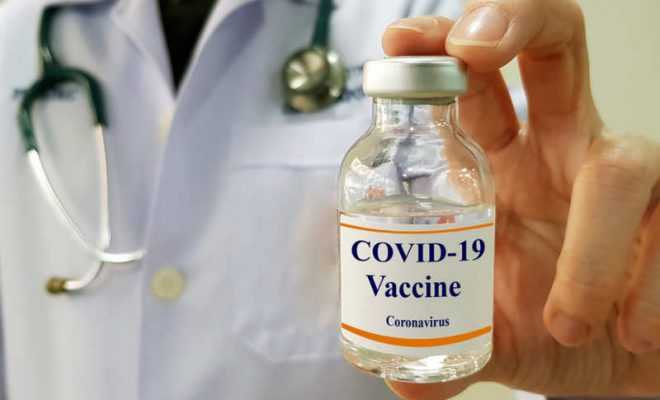India confirms deal of 600 million Covid vaccines, in talks for more

Last updated on February 20th, 2023 at 01:24 pm
India has finalised a deal with the Serum Institute of India of securing 600 million Coronavirus vaccine doses and is still in the process of negotiating for more.
The Serum Institute of India, which is headed by Adar Poonawalla and founded by Cyrus S. Poonawalla, is manufacturing doses of the University of Oxford-AstraZeneca vaccine as well as the candidate by Novavax.
India is currently negotiating on one billion vaccine doses for the rest of the population. Around 3.8 billion vaccine doses have already been purchased by most of the rich countries, says data compiled by the Duke Global Health Innovation Center. Apart from this, negotiations for around five million vaccine doses are under progress.
Serum Institute is the partner for vaccine supply in India and is currently conducting trials for the Oxford vaccine in India. As far as the coronavirus vaccines that are under development are considered, the Oxford-AstraZeneca vaccine leads in advance market commitments.
The problem is that maximum of these vaccine doses are secured by the high income countries and there not much available for the low income nations. The same study has also revealed that due this pertaining problem, the global pandemic will be worse and only create inequality among the various regions.
Through this process, it will take close to five years altogether to cover each and every person in the world under the confluence of the virus. This is because a lot of these countries are looking to crack a deal through bilateral ties and not actually buying the income group. Since the announcement of the vaccine has been doing rounds, not a single low income country has directly purchased or made a deal with the manufacturer of the vaccine.
For such countries, securing a coronavirus vaccine will not be about making it available for each and every citizen of the country but will be limited to the COVAX pact.
The COVAX facility is an initiative taken by the World Health Organisation. Under this initiative, GAVI, which is essentially collaborating with the health organization for a vaccine alliance forming a coalition for Epidemic Preparedness and Innovations has made available vaccine doses for 250 people. The collaboration aims to vaccinate over 20 percent of the population among the low-income nations.



